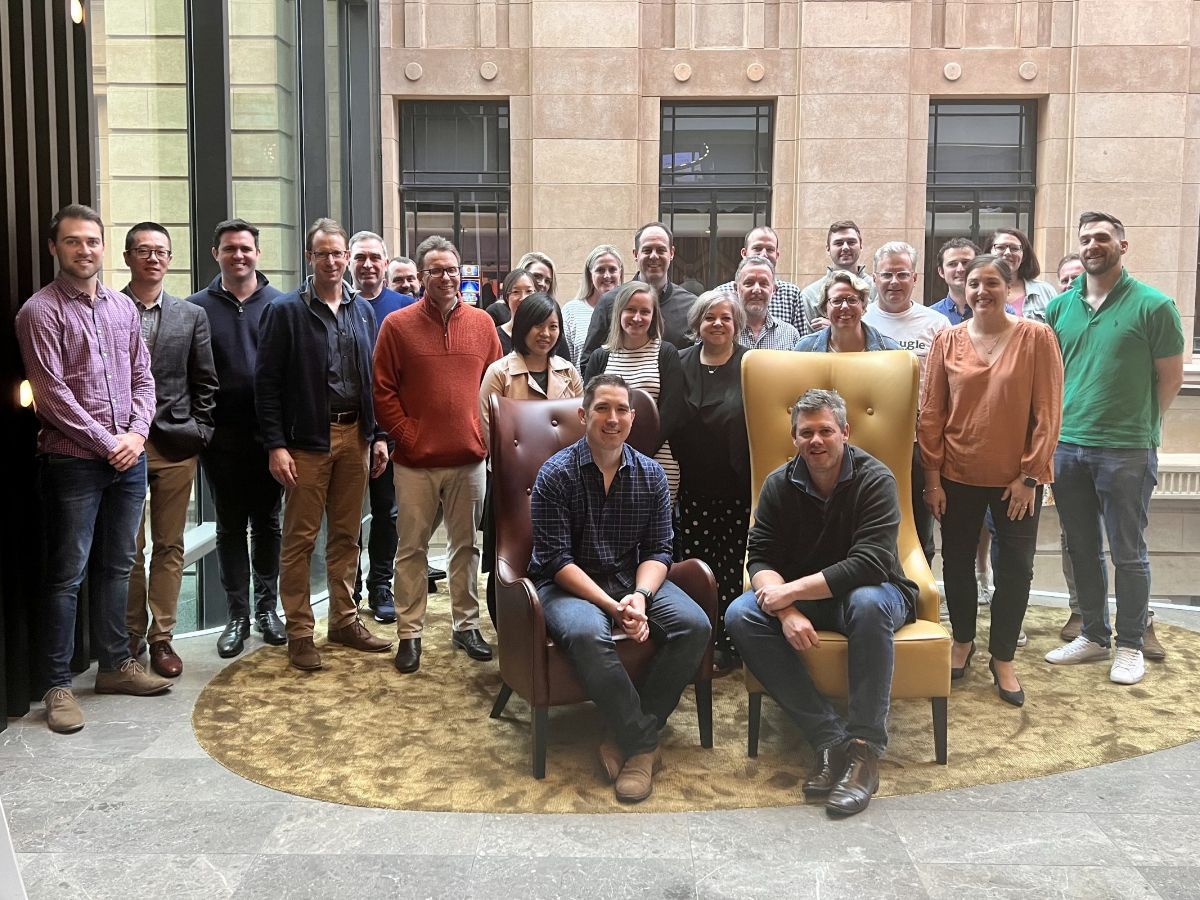Brentnalls Conference 2022

After three virtual conferences the April 2022 Brentnall Affiliation Conference was able to be held in person in Adelaide.
The Brentnall’s affiliation comprises seven independent Chartered Accounting firms from Hamilton, Brisbane, Sydney, Melbourne, Adelaide, Perth and Auckland and collectively offers a comprehensive range of financial, superannuation, wealth and business advisory services covering all industry sectors. The affiliate firms meet twice a year to share ideas regarding ways to advance client services and compare our challenges and achievements during the year.
The April conference was held at Sky City, Adelaide located on the banks of the Torrens River and started with the Brentnalls Executive (including our own Andrew Heazlewood as Vice Chair) and Tax Team meeting to discuss current issues in the accounting world.
The conference highlights included a presentation by renowned psychologist Michael Carr-Gregg on the topic the 8 secrets of well-being and the importance of mental health – a very important issue faced by all firms. All affiliates presented a Practice Update on their own firms and completed a deep dive into people and culture – which was incredibly valuable with multiple take aways for each organisation.
The conference provided an opportunity to explore some of Adelaide’s amazing restaurants and for all attendees to establish and make new connections with friends and colleagues – we are all looking forward to the Perth conference in October!









